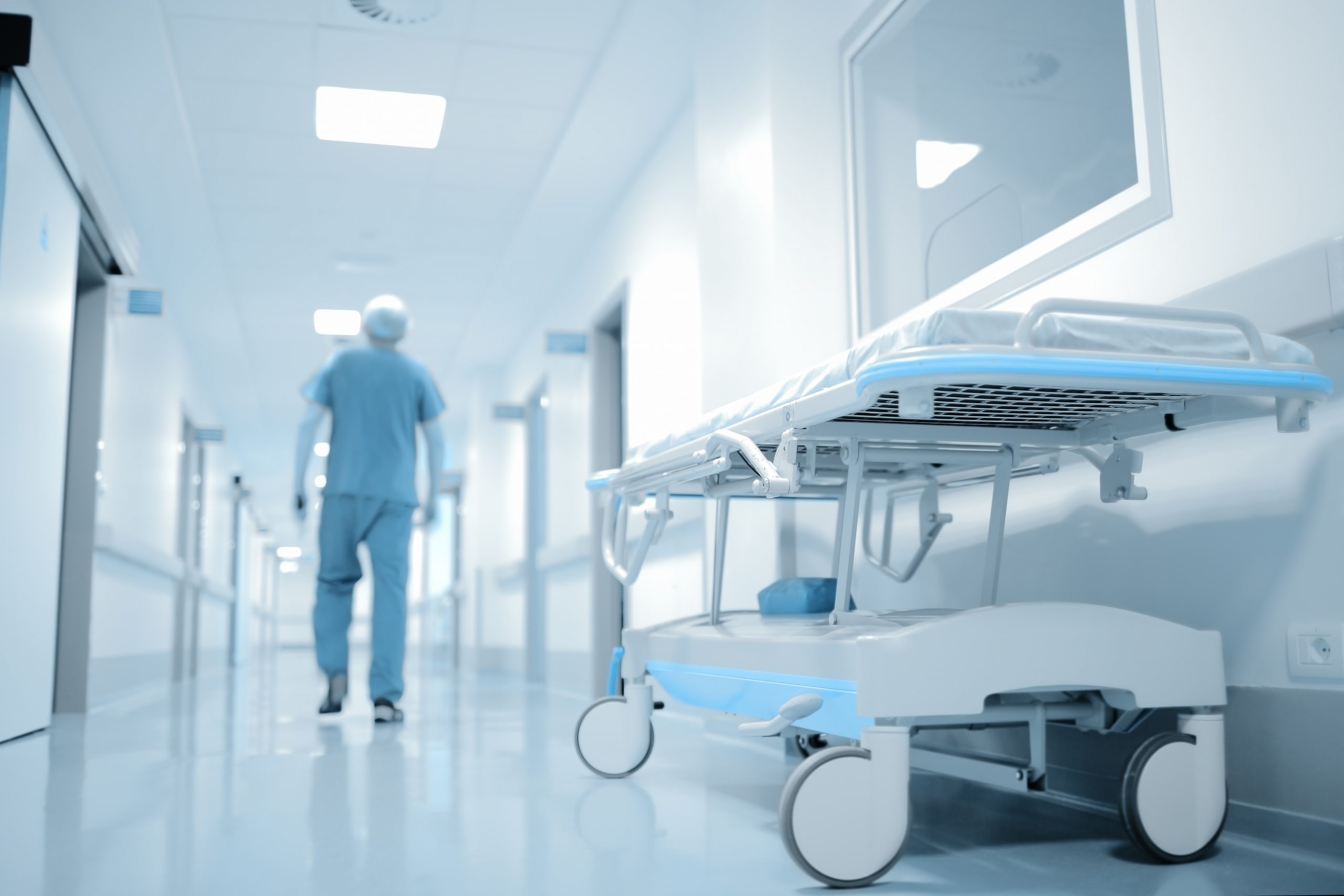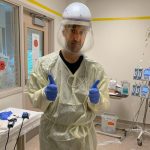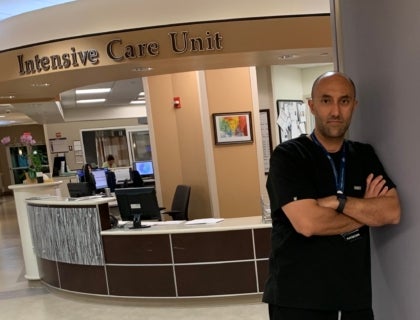May 14, 2020
Confirmations, Affirmations and Strengthened Skills – Lessons from COVID-19

COVID-19 is unlike anything I’ve seen. I’ve never had this many critically ill patients at once, nor have I seen patients become so frighteningly sick, so quick. This experience will remain with me for the rest of my life. Encouragingly, social distance is helping to flatten the curve, yet there is much more work ahead and I can’t make any predictions. But, As I work through the trials and tribulations of fighting this virus and caring for my patients, I want to learn as much as I can. And, to this end, this pandemic is further strengthening my skills, affirming what makes an effective care team, and confirming the best practices I’ve been trained on.
Building New Skills
As an intensivist, I am used to seeing the sickest of patients. I am used to seeing respiratory failure, refractory shock, cardiac arrest, dangerous arrhythmia, life-threatening embolism. I am not used to seeing all of these conditions, all at once, in one patient. And this is how some patients with COVID present. This experience is upending years of classical critical care teaching as this disease continues to confound critical care specialists the world over. Before COVID-19, we treated ARDS patients basically the same. This disease has taught me that not every respiratory failure is the same, and I need to individualize the treatment depending on the course of the illness. Moreover, this disease has taught me to be judicious with the use of mechanical ventilation, and I think after COVID-19, we will be more facile at treating respiratory failure without mechanical ventilation. Furthermore, never have I seen such profound and severe hypoxemia, with many patients not having symptoms. This experience is strengthening my understanding of the exquisite nature of pulmonary pathophysiology, and giving me an even deep understanding of how the lungs are affected by this virus. After COVID-19, I will not bat an eye at a patient with DKA or even sepsis or septic shock.
The value of evidence-based medicine and data
Sound Physicians has been monitoring and managing COVID-19 since early 2020 when the first cases started occurring in the United States. In addition to ensuring patients receive appropriate care and achieve the best outcomes, the safety and protection of clinicians is a top priority. Sound’s Chief Clinical Officer, John Birkmeyer, M.D., recently put it this way in a recent interview with the NEJM Catalyst:
“Our major focus in reacting to the COVID-19 epidemic has been to retool our nationwide IT platform to track in real-time which patients have COVID in the presence or absence of testing confirmation. That same IT tool not only applies to patients that have COVID but simplifies our team’s approach to be able to concentrate those patients on specific teams and in specific parts of the hospital.”
With the abundance of “panic prescribing” – as mentioned by Dr. Arthur Caplan in a recent Critical Matters podcast – where clinicians are treating patients with a myriad of treatments with very little data, this pandemic has further solidified the absolute importance of making sure that treatments we administer – especially ones with potential harm – have solid evidence behind them
Patient care is a team sport

I always knew – and preached – that critical care is a team sport. Witnessing the COVID-19 pandemic firsthand, my appreciation for a team approach is even greater. Doctors are working hard while ICU nurses are finding new ways to support the clinical teams and rounding multiple times a day. The respiratory therapists are making complicated ventilator changes to help patients breathe easier. Patient care technicians and environmental services colleagues are playing an important role too in turning over rooms so the next patient can be treated in that ICU room. Anesthesiologists with critical care training have pitched in and hospitalists have helped in the ICU to support the care of the non-COVID patients. This pandemic has truly shown that “we are all in this together.”
My hand hygiene will never be the same
The COVID-19 pandemic has reconfirmed proper hand-washing: washing is best with soap and water, but hand sanitizer is also effective if soap and water are not available. The entire hand needs to be washed vigorously: each finger, each surface, and in between the fingers as well. The nails also need to be washed and should be for at least 20 seconds.
We are not out of the woods, not even close. Yet, there have been successes. On my last weekend shift, yes, we did lose a patient, most unexpectedly. That same day, however, we also “clapped out” a patient who was in the ICU on a ventilator for a very long time, and he walked out of the hospital alive and well. It is these successes that give me the oxygen to keep going, and they give me the strength to carry on in the darkest of times.



